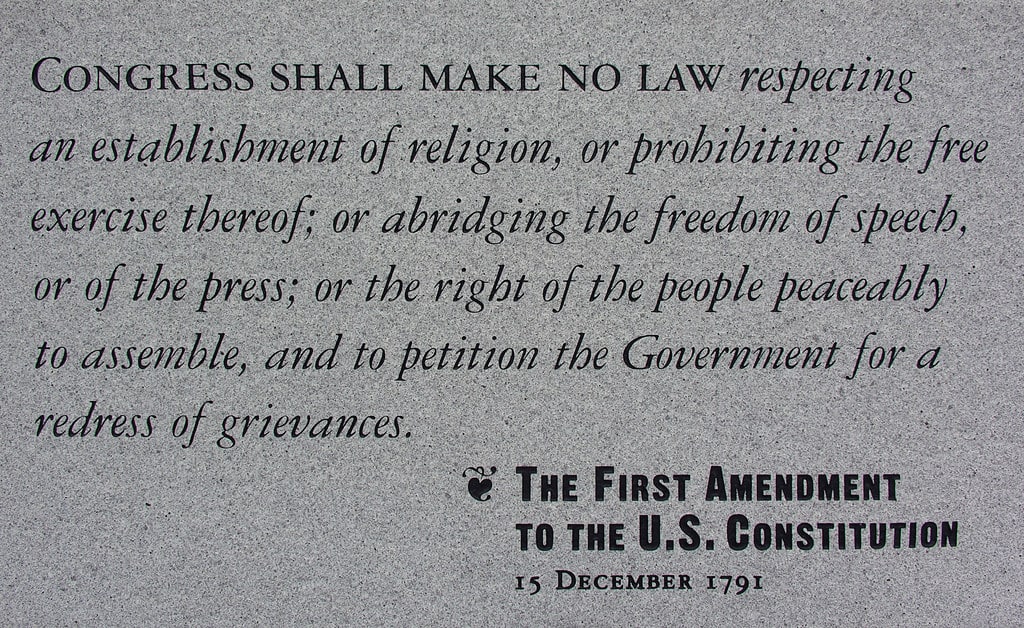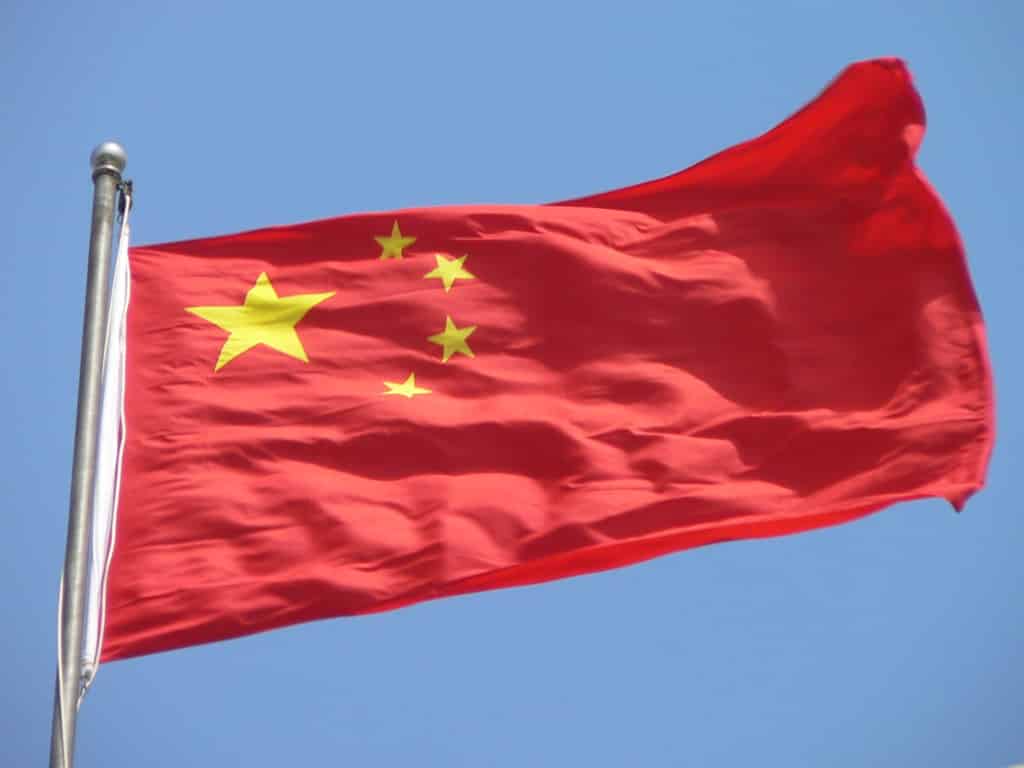A Primer on Judicial Assistance Treaties
[This post is one in a series of primers on various topics in transnational litigation. More primers can be found on our topic pages, accessible by clicking Topics at the top of the page.] In transnational litigation it will often be necessary to do something within the territory of another state, such as serve process,…
Continue ReadingExplaining the Hague Judgments Convention to U.S. Lawyers
On March 2, 2022, the United States signed the Hague Judgments Convention, a multilateral agreement that seeks to facilitate the recognition and enforcement of judgments across national borders. While there is a vast difference between signing and ratification – as anyone who has followed the halting progress of the Hague Convention on Choice-of-Court Agreements can…
Continue ReadingThe FSIA “Two Step”—Venue in Enforcement Actions Against Foreign States
When a party holding a foreign judgment or arbitral award wants to enforce the judgment or award against assets in the United States, it normally brings an enforcement action in the jurisdiction where the assets are located. But when the judgment debtor is a foreign state, the venue provision of the Foreign Sovereign Immunities Act…
Continue ReadingEnforcing Chinese Judgments: A Response
In July, Bill Dodge discussed the enforcement of Chinese judgments in U.S. courts, using the Shanghai Yongrun case as a recent example and arguing against systemic review of foreign legal systems. Along the way, he cited Judging China, a recent paper of mine. He accurately characterized me as less than enthusiastic about U.S. courts enforcing…
Continue ReadingThrowback Thursday: Equustek v. Google
This year marks the fifth anniversary of the Supreme Court of Canada’s decision in Equustek v. Google, in which Canada’s highest court became one among a select few to order an internet intermediary to remove information from its services on a worldwide basis. The decision in Equustek aroused angst and controversy out of fear…
Continue ReadingPerspectives on the 2019 Hague Judgments Convention from the United States and Canada
On August 29, 2022, the European Union and Ukraine became Contracting Parties to the 2019 HCCH Convention on the Recognition and Enforcement of Foreign Judgments in Civil or Commercial Matters, commonly known as the Hague Judgments Convention, thus triggering its entry into force on September 1, 2023. Our article recently posted to SSRN, The 2019…
Continue ReadingFair Use, the First Amendment, and the Enforcement of Foreign Judgments
A court in the United States is not required to enforce a foreign money judgment when that judgment is “repugnant to the public policy of . . . the United States.” The First Amendment to the U.S. Constitution is the classic example of U.S. public policy on freedom of speech and freedom of the press….
Continue ReadingEnforcing Chinese Judgments
It has become routine for courts in the United States to recognize and enforce Chinese judgments, subject to the same limits that are applied to judgments from other countries. Last year, a New York court threatened to upset this positive trend. Relying on U.S. State Department Country Reports noting corruption and lack of judicial independence…
Continue ReadingThe Real Significance of the Hague Convention on Choice of Court Agreements
The stated purpose of the 2005 Hague Convention on Choice of Court Agreements (“COCA”) is to “provide[] certainty and ensure[] the effectiveness of exclusive choice of court agreements between parties to commercial transactions.” The treaty seeks to achieve this goal in two primary ways. First, the courts in contracting states must enforce choice of court…
Continue ReadingWhen Should Federal Common Law Govern Transnational Litigation?
The conventional wisdom is that transnational litigation “can trigger foreign relations concerns.” Because the federal government has primary responsibility for the United States’ relations with other nations, the question naturally arises whether federal law should govern such litigation even when neither a federal statute, nor the U.S. Constitution, nor a treaty is applicable. Currently, as…
Continue Reading- « Previous
- 1
- 2
- 3
- 4
- Next »





